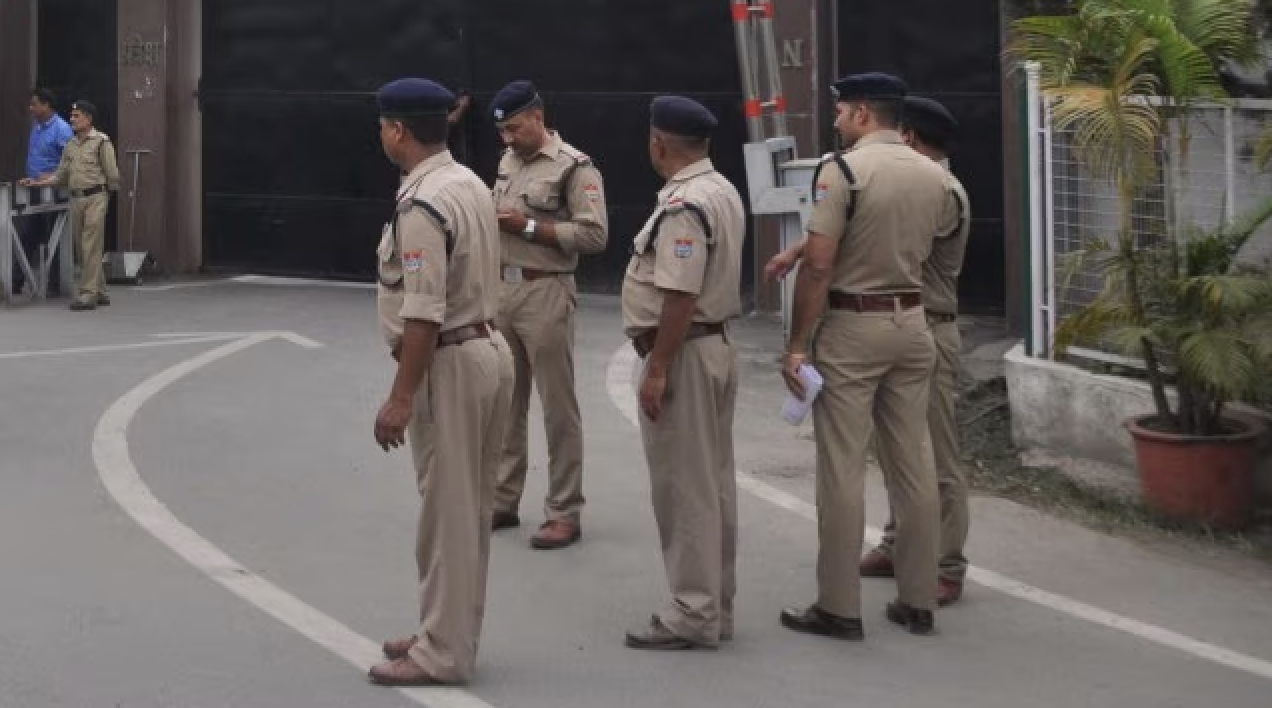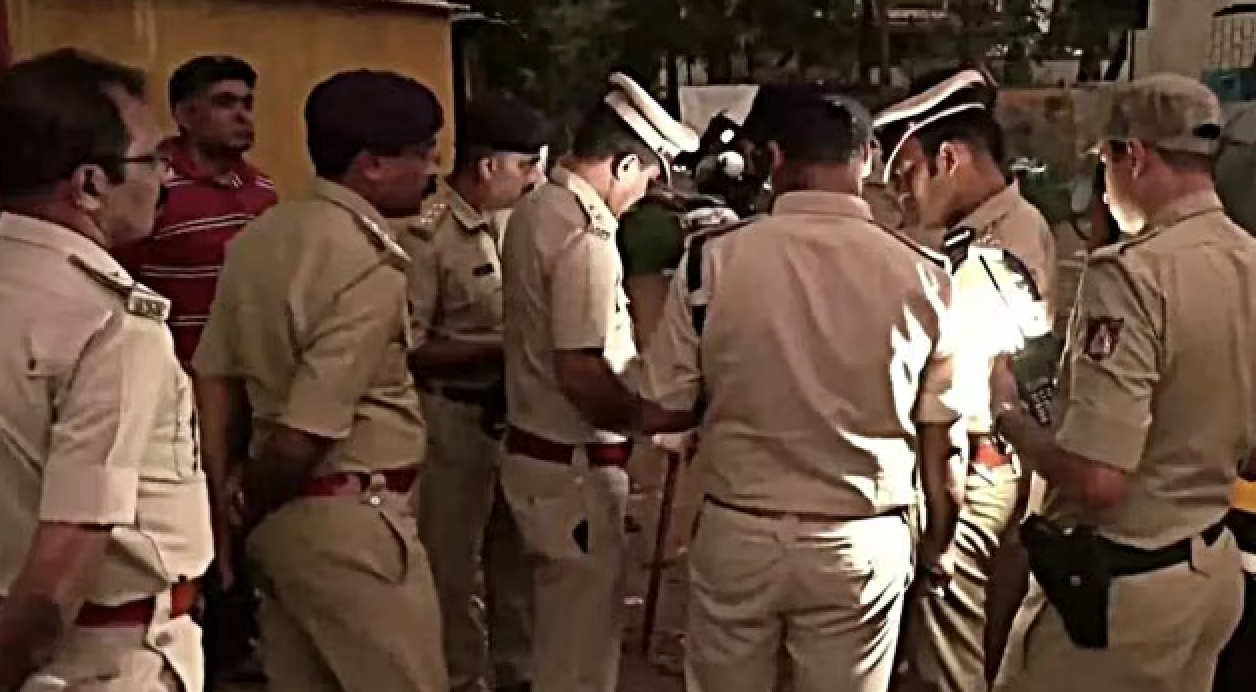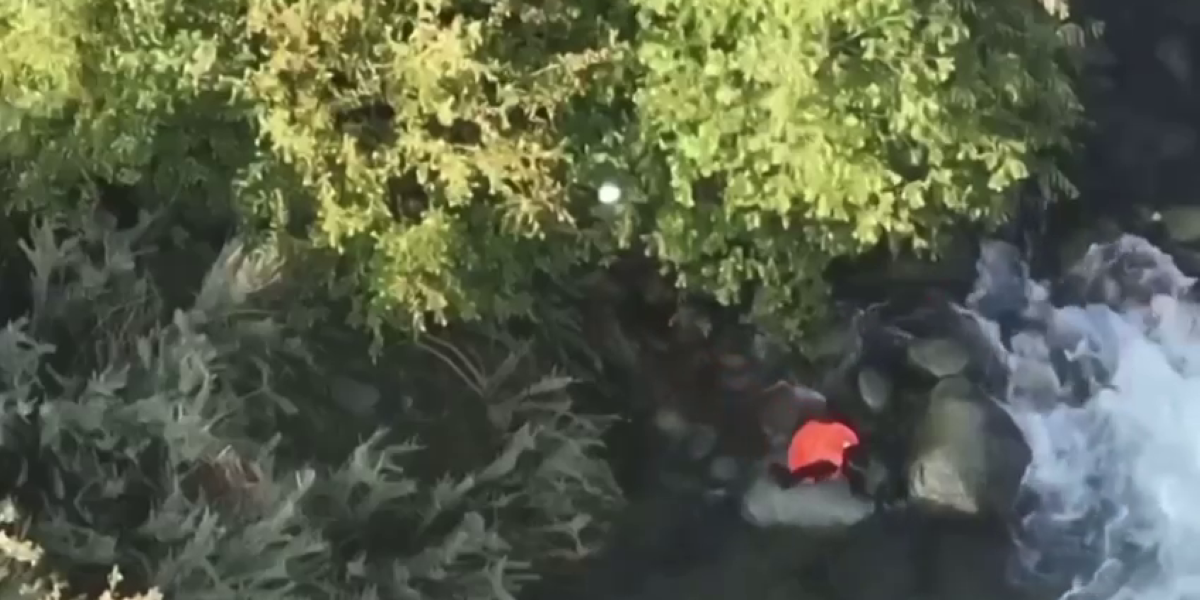
By Gaurav Vivek Bhatnagar / The Wire
New Delhi: Since the reading down of Article 370, the ouster of journalists from government-allotted accommodation has been used as a lever to pressure those journalists “who the administration felt did not see eye to eye with the government,” a report by a fact-finding committee (FFC) of the Press Council of India (PCI) has revealed.
Besides, government advertisements are being released to newspapers “selectively, based on the ‘line’ and nature of the coverage”, and journalists in the Union Territory have been facing “constant harassment” from security forces in the line of duty.
The FFC further said that, “There is an obvious nexus between the Government Estates Department (in J&K) for removing journalists and news organisations from government-allotted accommodation, and their critical views about government policies.”
This fact-finding team had been set up by PCI chairman Justice C.K. Prasad on September 29 last year, following a complaint from former J&K chief minister and People’s Democratic Party (PDP) leader Mehbooba Mufti. This Committee included Prakash Dubey as its convener and Gurbir Singh and Suman Gupta as members.
‘Freedom of expression virtually guillotined’: Mufti
In her complaint, Mufti had alleged “intimidation and harassment” of the media by security forces and representatives of the government. She had stated that various journalists had been ‘raided’ by security forces and that several of them had their communication gadgets, like laptops, seized. Many journalists had also claimed that they were subjected to interrogation and harassment.
Mufti had charged that the ouster from government accommodation and being placed on an Exit Control List (ECL), preventing them from foreign travel, were also being used as tools of harassment. She insisted that while the Constitution of India guaranteed freedom of speech and expression for the media, “… freedom of expression had been virtually guillotined…” in the Union Territory.
‘Atmosphere of hostility, conflict palpable during visit’
The three-member committee visited Srinagar in October, 2021 and Jammu in November. Thereafter, it visited Srinagar again where it met and recorded the statements of a large number of journalists, owners of media companies, social workers and NGOs. It also met Mufti, Lieutenant Governor Manoj Sinha, Inspector General of Police Vijay Kumar, Divisional Commissioner for Kashmir Pandurang Pole.
The team said, “The atmosphere of hostility and conflict was palpable in both our visits to Srinagar.”
It referred to to the October 7 killing of school principal Satinder Kaur and teacher Deepak Chand in Srinagar’s Alochi Bagh area by militants claiming to be from the ‘Resistance Front’; the killing of well-known pharmacist, Makhan Lal Bindroo a few days prior to this; and the Hyderpora encounter in which two citizens – dentist Mudasir Gul and businessman Altaf Ahmad Bhat – were shot by the police.
These incidents, the team said, highlighted the deeply fractured situation in the territory of Kashmir. “Conflict and tension between government forces and militants is a fact of daily life, and the people have been forced to live under the shadow of the gun, with all the disruptions that go with it.”
It added, “The members of the media are functioning in this ‘conflict’ atmosphere for quite a while, and are therefore often subject to pressures from the various parties of the conflict.”
‘Those who did ‘balanced’ reporting were targeted,’ claimed journalist
The FFC said while J&K has a population of 13.6 million, it has 259 print publications in Jammu and 166 registered publications in Kashmir. Besides, there are regional television networks and internet-based news channels targeting the populace.
The report said, due to shortage of accommodation and the low income levels of journalists, most of them reside in government-allotted residences.
It quoted president of the Editors Forum, Mohammed Aslam Bhat as saying, “Of the 40 persons who have got notice to vacate government accommodation in recent days, 20 of them are journalists.”
Bhat, who is executive editor of the Kashmir News Service, also said that on October 15, 2020, his publication’s office was sealed without notice, despite it paying the Rs 7,000 for rent regularly and without default. He said even after a year, the organisation had not been allowed to take its material and equipment from the sealed office.
No notice or reason was given for the action, Bhat said, continuing that, “Our (the publication’s) doubt is that we are running news about opposition groups and parties too.”
Senior journalist Yusuf Jameel, too, alleged that “those who did ‘balanced’ reporting were targeted”. He said that he, too, was told to vacate without being given any notice or reason.
The report detailed that FFC convener Dubey wrote to the J&K chief secretary in January seeking reasons for the ouster of several journalists from their homes and offices and that despite his sending a reminder, there was no response.
FFC probed charge of government ads being stopped to control media
The FFC report also looked into the charge that the government was using its advertisements to control and intimidate the media. “Some newspapers, who had earned the wrath of the local administration, found advertising either totally withdrawn or curtailed to a trickle.”
With the private sector and commerce limited in the conflict-ridden UT, the report said the government remained the biggest advertiser. It said through the new media policy, 40% of the funds have been earmarked for platforms other than print.
Stating that the policy required the media to get empanelled with the Directorate of Information and Publicity (DIPR), the report said the policy lays down that, “The DIPR shall not release advertisements to such newspapers…which incite or tend to incite communal passions, preach violence, violate broad norms of public decency or carry out any acts of propagate any information prejudicial to the sovereignty and integrity of India.”
Such clauses have been used to deny advertisements to publication reporting both sides of the story. The Information Department told the FFC that advertisement to 26 of the 259 publications in Jammu region and 17 of the 166 publications in Kashmir region have been suspended on “various grounds”.
“In some cases, like those of the mass-circulated Greater Kashmir, Kashmir Reader and the Urdu Kashmir Uzma, – which are known for their anti-establishment stand – no reason was ascribed,” the report said.
Anuradha Bhasin, executive editor of the Kashmir Times, told the FFC that the discrimination in releasing advertising was not new but went as far back as a decade, when the Congress-led United Progressive Alliance (UPA) had formed the Union government. Complaints and appeals to the Press Council and the courts have not helped the situation.
Amid ‘harassment’ charge, police admits 49 cases registered against journalists since 2016
On the issue of the harassment media persons have faced from security forces, the FFC report, upon gathering the depositions and evidence, said, “These ranged from accusations of aiding the ‘separatists’; to lengthy interrogation in police camps; to detention and arrests for circulating ‘fake news’.”
It added that, “Many journalists said that either they themselves or other journalists they knew, had been interrogated in the infamous ‘Cargo Centre’ in Srinagar, which is generally known as a detention and interrogation centre for hardcore militants.”
It said the IGP (Kashmir) Vijay Kumar issued a statement that that from 2016 till mid-October, 2021, 49 cases had been registered against journalists. Eight of these journalists were charged under the stringent Unlawful Activities (Prevention) Act (UAPA); 17 for criminal intimidation and 24 journalists were booked for extortion and other crimes.
The report quoted Deccan Herald correspondent Zulfikar Majid as saying that he was summoned by the Criminal Investigation Department (CID) in June, 2020 “for some innocuous tweets”. Stating that the police said they were preparing a “background note on all journalists”, he insisted that, “The tactics were humiliating,” and as he was “summoned dozens of times”, this created a social problem for him and his family. In September last year, he stopped tweeting.
“Maybe they want me to toe their line. I am not the most harassed, there are others worse off,” he said.
Freelance journalist Majeed Haidari, against whom two FIRs were registered, said, ““We in Kashmir are caught between the devil and the deep sea. The militants threaten us and the police do too.”
Officials defend their actions
The FFC said Divisional Commissioner Pole and IGP Kumar, in a statement, justified the various penal steps against journalists, saying, “On certain occasions, it has been observed that ‘media persons/journalists abuse their position and try to resort of activities that have a tendency to incite people, which ultimately leads to a serious law and order situation…”
The report said, “Many journalists and some independent columnists also appeared to support the police action, stating that many journalists had become activists for the militants and were indulging in criminal and ‘anti-national’ activities under the guise of their profession.”
Shutting down of internet, denial of accreditation posed problems
The FFC team also recorded that a common refrain of those who appeared before it was that there was a “deliberate hobbling” of communication networks after the reading down of Article 370.”
“This was done,” the report said, “by suspending the internet networks in the valley for nearly two months, from August 5, 2019.”
It went on to say, “While there could be some justification for cutting communication for the civilian population to avoid the build-up of unrest, restricting internet services for journalists seems to be an extreme measure which muzzled the normal functioning of the news media.”
The FFC said almost all those deposed before it spoke about how the practice of issuing accreditation cards to journalists had been stopped from March 31, 2020, despite it being an “important passport for safe passage and preventing harassment and detention when traveling in conflict zones.” It added that, “Without this government-issued ID, moving around and gaining access to restricted areas and to government offices has become difficult for newspersons.”
The FFC also noted that most journalists acknowledged that Mufti’s allegation that they were being summoned and made to fill a questionnaire which is suggestive that the person might have links with ‘anti-national’ forces was, indeed, true. It added that IGP Kumar “had no hesitation” in conceding that there exists a programme to profile journalists working in the J&K region.
“Our aim is to profile 80% of Kashmiris, and we will do it for journalists too,” Kumar allegedly said.
‘Normal lines of communication disrupted due to suspicion’
The report said, “Journalists (in J&K) function with a high level of stress and are constantly facing pressure, both from government agencies and police as well as militants. That they still manage to do their job in such a hostile environment, itself is commendable. To add to their discomfiture, jobs in news media are not secure due to the declining viability of the business. In this environment, both truth and good journalism are the biggest casualty.”
In such a scenario, it added, “The normal lines of communication between the local government administration and journalists has been disrupted with because of the former’s suspicion that a large number of local journalists are sympathisers of the militants’ cause.”
The FFC said this was also admitted by L-G Sinha, “Who frankly told the FFC that many journalists were of ‘anti-national’ persuasion. He conceded that when he was first appointed, he used to encourage open press conferences, but now had gone back to a ‘selective engagement’ with preferred journalists.”
In view of these findings, the FFC has called upon the “local administration to establish some platforms for discussion so that there can be a dialogue between different stake holders, and the mutual suspicion is slowly eased.”
‘Clear policy needed for regular allotment, return of government accommodation’
As for the withdrawal of official accommodation, it said, “While the J&K government has the powers to claim back allotments on certain grounds, such a process cannot be arbitrary and without due process of law.”
Further, it said, “A clear written policy should be announced to regulate the allotment and return of government accommodation so that it is not dependent on the whims and fancies of government officials.”
‘Slanted advertising policy should be reviewed’
Likewise, the FFC report said, “The volume of advertising released by the J&K government is directly proportional to the extent of support a publication renders to the government’s schemes and policies. This flies in the face of a ‘free media’ guaranteed by the Indian Constitution.”
Saying that, “In J&K, where there are very few private advertisers, the government’s power to deny advertising can kill a publication as has been demonstrated in the death of several editions of the Kashmir Times, and now the latest casualty Kashmir Images,” the FFC demanded that, “The J&K government must review this slanted policy.”
“As long as a publication is working within the confines of the laws applicable to publishing, advertising should be released with a ‘neutral’ and unbiased’ approach,” it said.
This article first appeared on thewire.in






